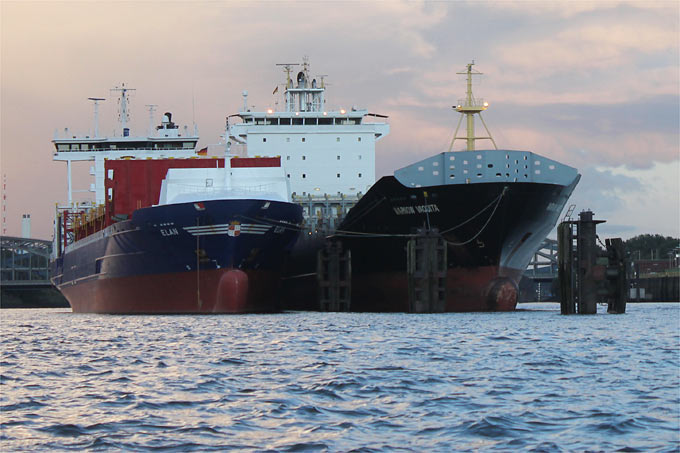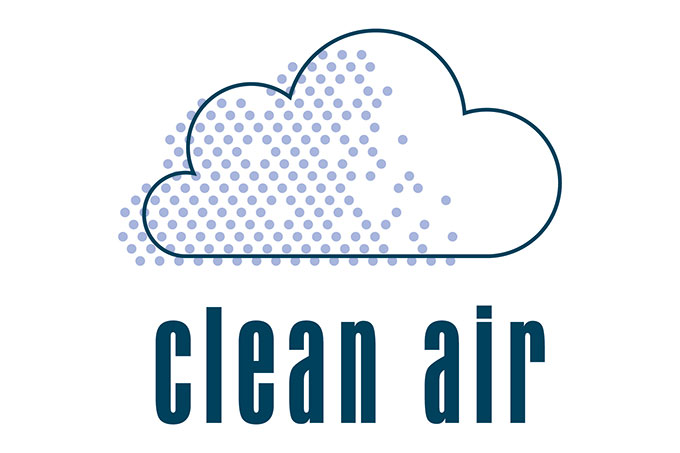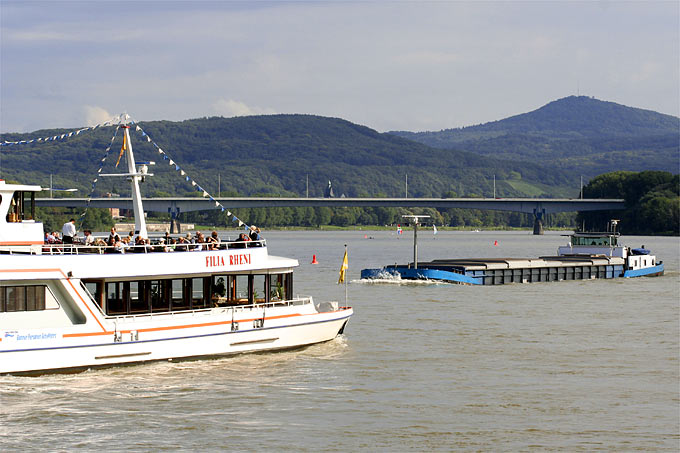Clean Air in Ports
EU LIFE+ Project "Clean Air“

With its commitment to the EU-project "Clean Air" NABU wants to contribute to cleaner air in European ports - Photo: Helge May
With its commitment to the EU-project "Clean Air" NABU wants to contribute to cleaner air in European ports. Each year more than 420.000 people die prematurely from the direct consequences of poor air quality throughout the European Union. That is one of the reasons why in September 2012, the German Nature and Biodiversity Conservation Union (NABU) and eight environmental organizations from six European countries started the EU-LIFE+ project
"Clean Air", campaigning for better air quality throughout Europe. The project is supported by the EU-Commission. Within this framework, NABU has started its three-year project ”Clean Air in Ports”.
Clean Air in ports - NABU in "Clean Air" project
Many European cities exceed EU-limit values for air pollutants as for PM, NOx, or SO2 permanently. Especially ports contribute a lot to air pollution. But it is not only the ships that pollute the air with emissions from fuels that are a thousand times dirtier than road fuels. In the operating range of ports shunting locomotives, wharfage cranes or heavy truck traffic from the logistics sector are additional significant emitters.
Little Regulations
Although some measures for air pollution control are already discussed or even implemented, ports are mostly exempted from these measures. Rigorous and effective legal measures – national or European- are not on the horizon. However, worldwide there are some good examples how ports can foster a better air quality without having economic disadvantages: Possible measures are an air quality strategy, cold ironing, alternative drive technologies such as liquefied natural gas (LNG) or electric mobility (powered by renewable energies), taxes or port fees.
Clean the air in ports!
With its commitment to the EU-project "Clean Air" NABU wants to contribute to cleaner air in European ports in order to protect the environment, the climate and the health of local residents. At six workshops in major European ports the project will collect and discuss possible measures, compile best-practice-examples and debate local barriers, challenges and opportunities with experts and stakeholders. The project aims to encourage the networking between ports on clean air issues and to develop differentiated ecological standards for European ports. We cordially invite you to join us and to support our approach with your knowledge and input:
- 2013 in Hamburg and Antwerp,
- 2014 in London, the European Green Capital Copenhagen and Barcelona,
- 2015 in Gdansk
More
The conference “Greening Ports” gives the “Clean Air in Ports” team an opportunity to present the final results of project “Clean Air in Ports” to an international audience. more →
Busses, Trains, Cars and Bicycles – there are manifold possibilities and means of transportation to navigate through one's day-to-day life. A comprehensive mobility is a given natural for our modern way of life, however, at the same time certain modes of transport have drastically negative effects on our climate, environment and health. more →


